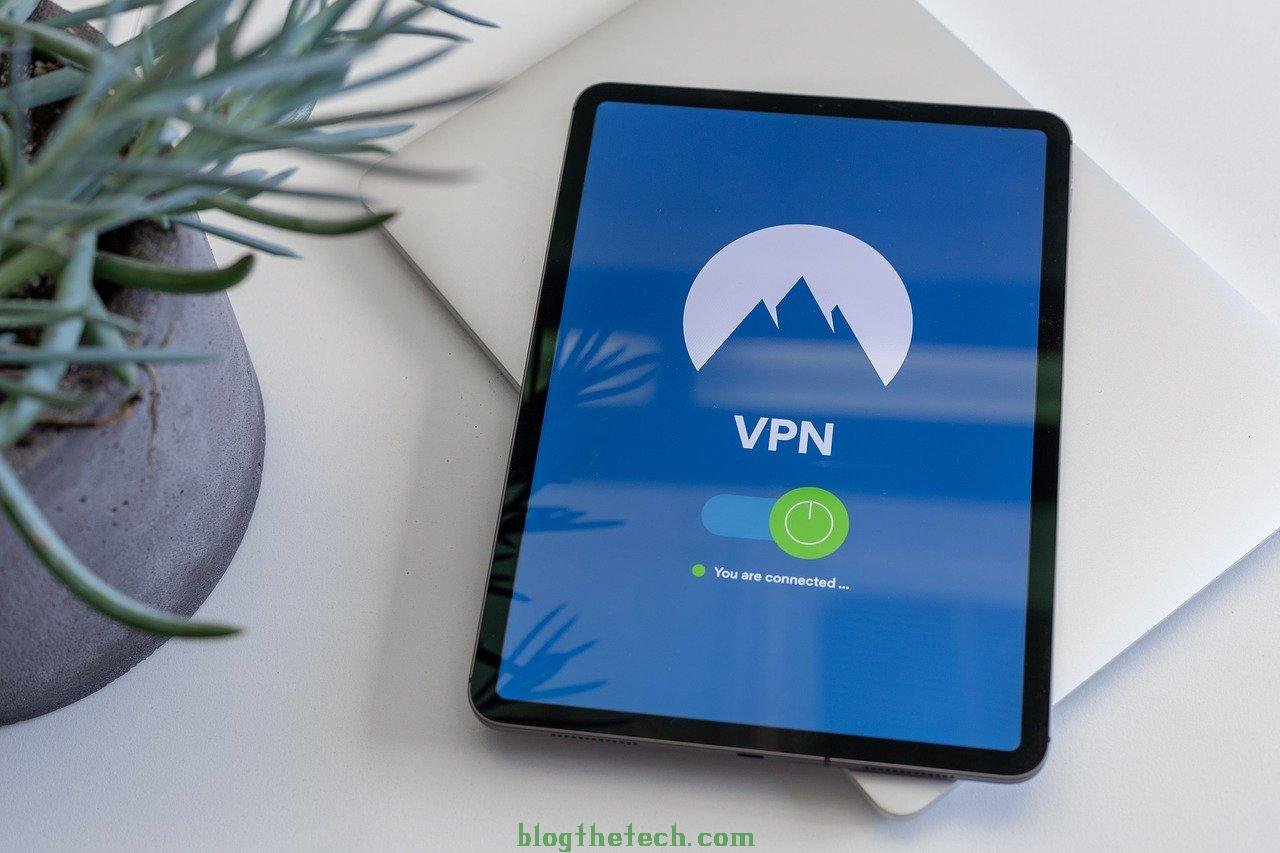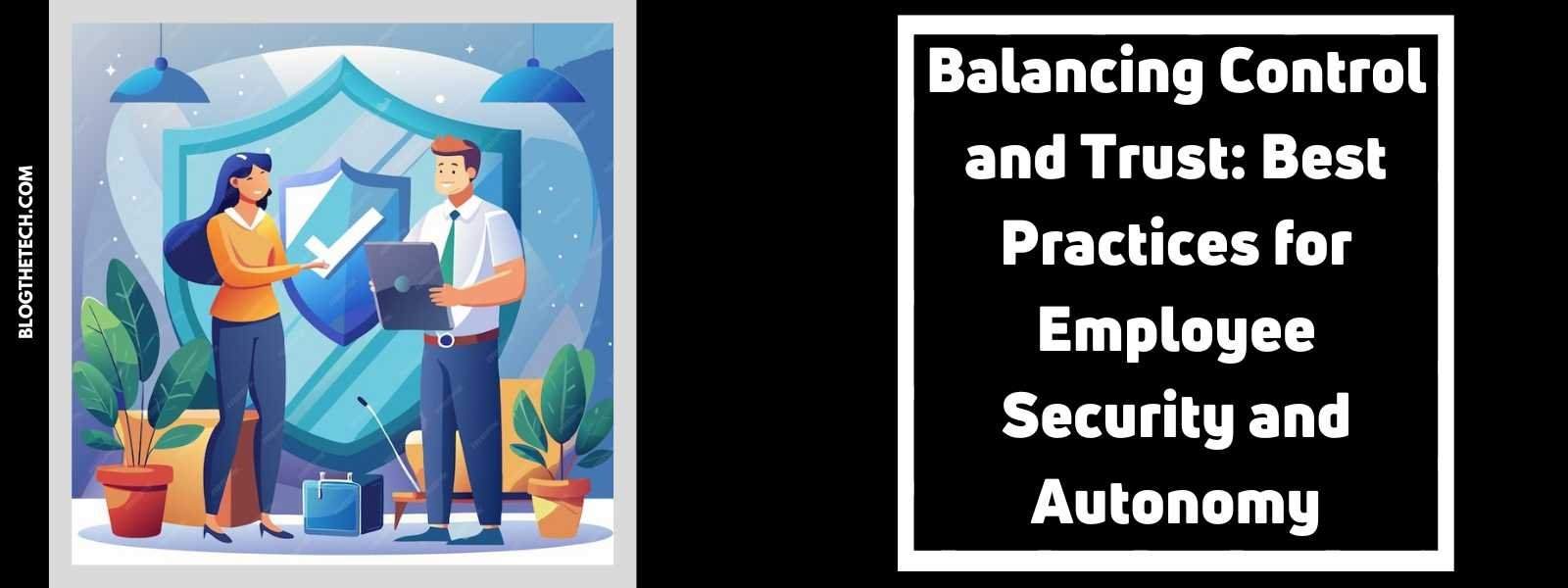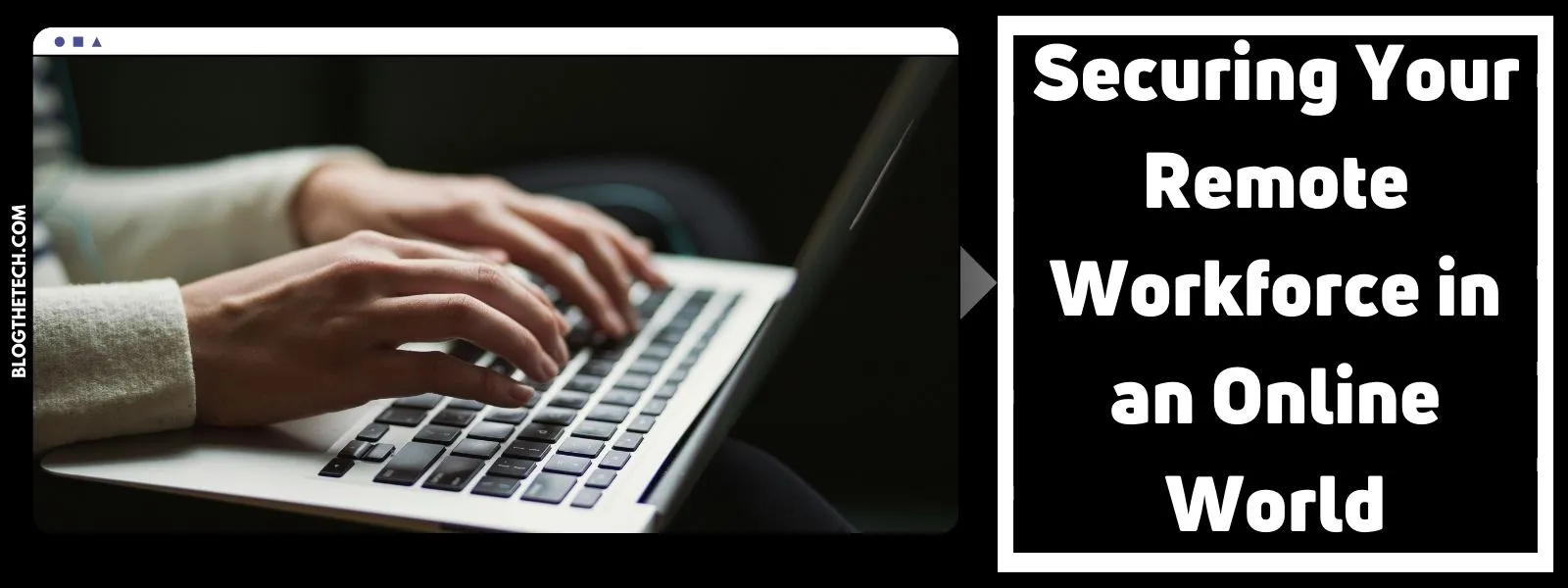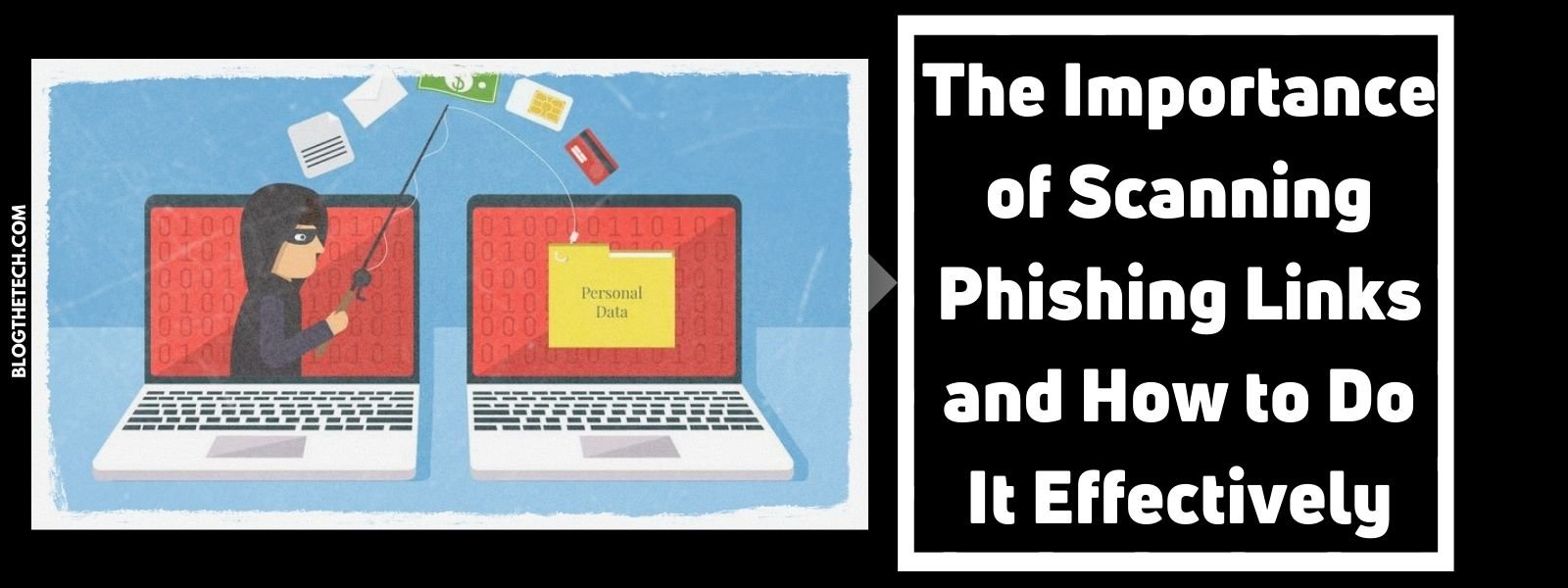Torrenting has been around for years, in one form or another. Back in the 2000s, many millennials needed it to watch shows that were only broadcast on expensive network television. It also allowed music lovers to listen to a lot more music than they could afford.
However, with streaming, torrenting is no longer as necessary. Many of the shows we want to watch and music we want to listen to can be accessed with a cheap monthly subscription fee. We still need to download torrents occasionally, when we have no other way of accessing certain content, but it is a lot rarer.
One of the indirect effects of this lull in torrenting is that when you do torrent it can be a lot riskier. Not only are there fewer offenders and offenses to track and prosecute, but there is also less quality control. It is more difficult to tell whether you are downloading legitimate content or a virus.
Nonetheless, it is still possible to download torrents safely in 2020. Here is what you need to know.
Use a VPN
A virtual private network (VPN) is technically necessary regardless of whether or not you are downloading torrents. However, even if you are lax with using a VPN in general, there is no excuse for the same when torrenting. Without a VPN, authorities can easily track and prosecute you for pirating content.
Hackers are also able to take advantage of vulnerabilities when you are torrenting. By having your VPN connected throughout, you keep your identity safe, protecting yourself from significant reputation and financial damage.
Click through to find more info on the best VPNs for torrenting.
Avoid downloading torrents of software
It is tempting to download torrents of expensive software that you otherwise could not afford. You may even feel that you are hurting no one, considering you would not have been able to spend the money anyway. However, there are a number of reasons to avoid torrenting software.
For one thing, the software is more of a traditional product than content. You buy the product outright, rather than paying for access. Torrenting software therefore more closely resembles theft.
Furthermore, it is very difficult to ascertain whether the torrent you are downloading is legitimate or a virus. In the past, torrents had tons of comments which would give you a good idea of the safety of the download. Today, with fewer people torrenting, that is often not the case.
Avoid torrenting software when you can. You are putting yourself at too much risk for the software you could save up to buy.
Stick to names you know
When downloading content, you are still not safe from potential cyber-attacks. Hackers piggyback viruses onto torrents that contain legitimate video files, and you can slip up if you’re not careful.
This is why you should stick to torrents from names you recognize. EZTV, ETTV, and others have been around for years and generally provide quality downloads. They don’t guarantee you won’t download something dodgy on occasion, but you are less likely.
Whenever you are torrenting, you should be extremely careful. One slip up could get you in trouble with the law or struggling to save your malware-infected computer.





